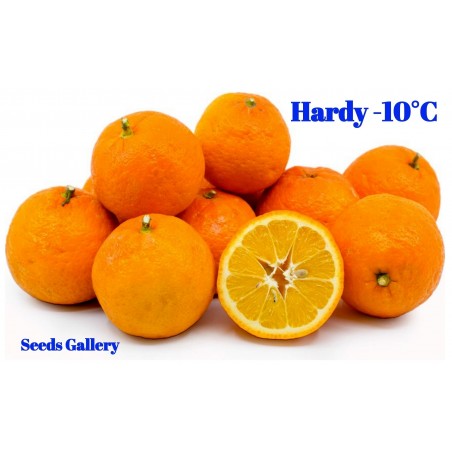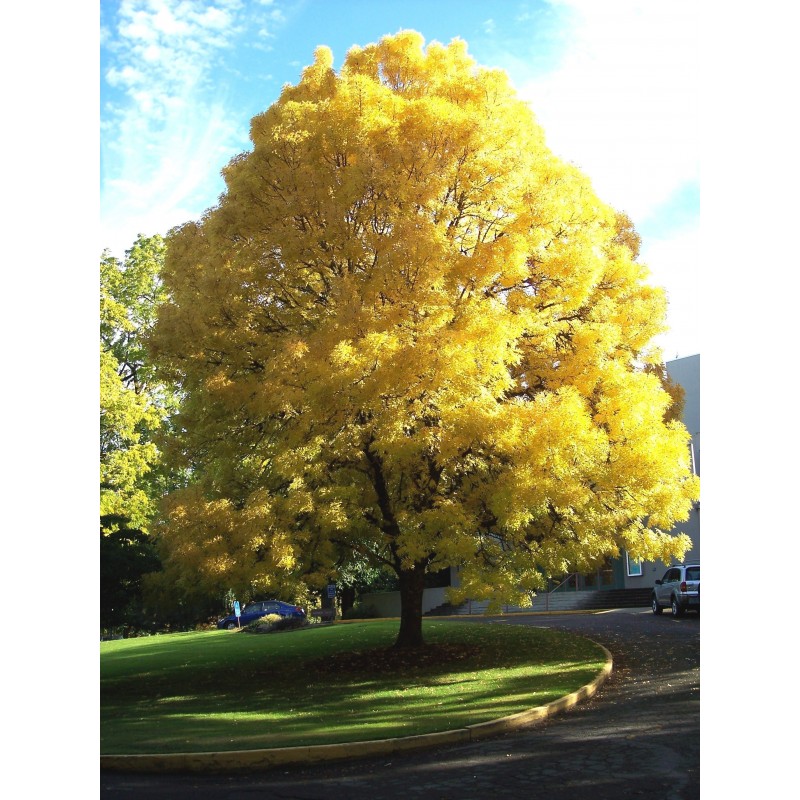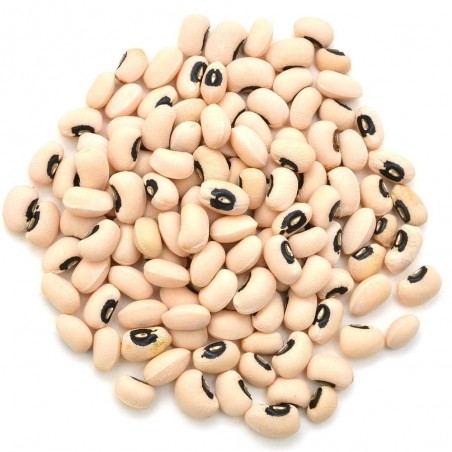
European ash Seeds
European ash Seeds (Fraxinus excelsior)
Price for Package of 20 seeds.
Fraxinus excelsior — known as the ash, or European ash or common ash to distinguish it from other types of ash — is a species of Fraxinus native to most of Europe with the exception of northern
European ash Seeds (Fraxinus excelsior)
Price for Package of 20 seeds.
Ash is the only wood used for the manufacture of hurleys, referred to as hurls in parts of Leinster and known as a camán in Irish, the timber sticks used in the game of hurling in Ireland. Hurleys are manufactured from the butt log (bottom 1.5 metre of the stem) and from trees ideally of a diameter at breast height of approximately 25-30 centimetres. Only fast grown, straight and branch free ash can be used for this purpose. Due to the lack of available ash in Ireland, over 75% of the timber needed to produce the 350,000 hurleys required for the game annually must be imported, mostly from eastern European countries.[12] The importance of ash timber to the game of hurling is reflected in the fact that the game is referred to all over Ireland as "The Clash Of The Ash".
| Sowing Instructions | |
| Propagation: | |
| Pretreat: | 0 |
| Stratification: | 0 |
| Sowing Time: | all year round |
| Sowing Depth: | 0.5 - 1 cm |
| Sowing Mix: | Coir or sowing mix + sand or perlite |
| Germination temperature: | about 20-25 ° C. |
| Location: | bright + keep constantly moist not wet |
| Germination Time: | 3-5 weeks |
| Watering: | Water regularly during the growing season |
|
|
|


Your review appreciation cannot be sent
Report comment
Report sent
Your report cannot be sent
Write your review
Review sent
Your review cannot be sent
🌍 Worldwide Shipping from the EU
We ship worldwide from the European Union using registered air post with signature confirmation on delivery.
📦 Tracking Your Order
Log in to your account and go to Order History > Details to find your tracking number.
You will receive email notifications at every step — please check your spam/junk folder if you don’t see them.
Track your package via:
⚠️ Important Notices
Cash on delivery is not available.
Always provide a valid mobile number with country code when ordering (e.g., +365 456 7686 576).
Do not order to P.O. Boxes or if you cannot be home to sign for the package. We cannot leave parcels with neighbors.
If a package sent to a P.O. Box is lost or undelivered, you lose the right to a refund.
📦 Lost, Returned & Reshipping Packages
For customers in Brazil and Mexico:
We cannot refund packages lost or destroyed by customs.
If your package is returned, we will refund only the product cost — shipping costs are not refundable.
You must pay return postage (€2) and any costs for reshipping.
If a package is returned to us for any reason, you are responsible for paying the return shipping (€2) plus the cost to resend the package.
🚚 Shipment Delivery
Registered shipments require a signature from the recipient.
If your tracking shows the package is still at the origin post office, it means the package is in transit — please contact your local post office directly for updates.
We are not responsible for delivery times and cannot track shipments for you.
📅 Delivery Options & Estimated Times
Delivery Option Processing Time Notes Priority Delivery Ships in 1-7 business days Prioritizes order processing (not guaranteed faster delivery); delays possible during holidays (3-10 days) Secured Delivery Ships in 1-7 business days Available for orders up to €150; refund if lost Standard Delivery Ships in 7-10 business days More economical; delays possible during holidays (7-14 days) Estimated Delivery Time:
Within the EU: 3–20 days
Worldwide: 5–30 days
Example delivery times to the USA:
Delivered in 13, 17, 19, 22, or 27 days.Note: Delivery times depend on your location and the local postal system. COVID-19 may cause additional delays.
💰 Shipping Costs
Shipping and handling fees are calculated automatically during checkout based on the weight of the parcel and the destination country.
⏰ Order Processing Hours
We do not process or ship orders on Saturdays or Sundays.
💳 Payment Options
Bank Transfer (SEPA / IBAN / SWIFT-BIC)
Include your order reference in the payment description (e.g., "SGS-19811702"). Orders without payment within 7 days are automatically cancelled.PayPal
Payments accepted in Euros only. Please select Euros at checkout.Card Payment
For card payments, visit our other site: Exotic Seeds Store
We accept Visa, MasterCard, American Express, CB, Diners Club, Discover, China UnionPay, JCB, and Discover.
⚠️ Transaction Fees
Customers are responsible for any transaction fees. Please provide payment details to help us process your order efficiently.
📢 Final Notes
Before placing your order, please check our website for any special notices, holiday schedules, or specific conditions that may affect your purchase.
Related Products













